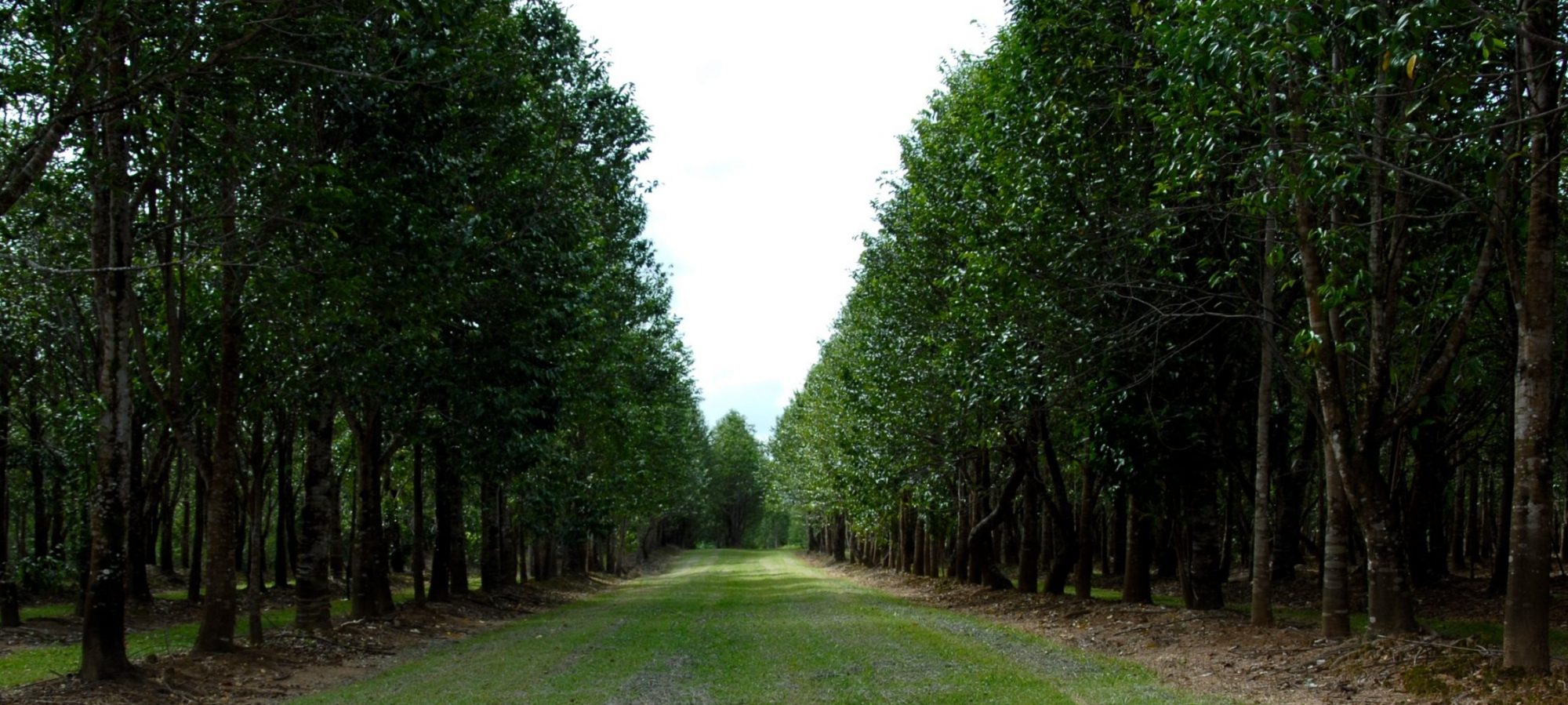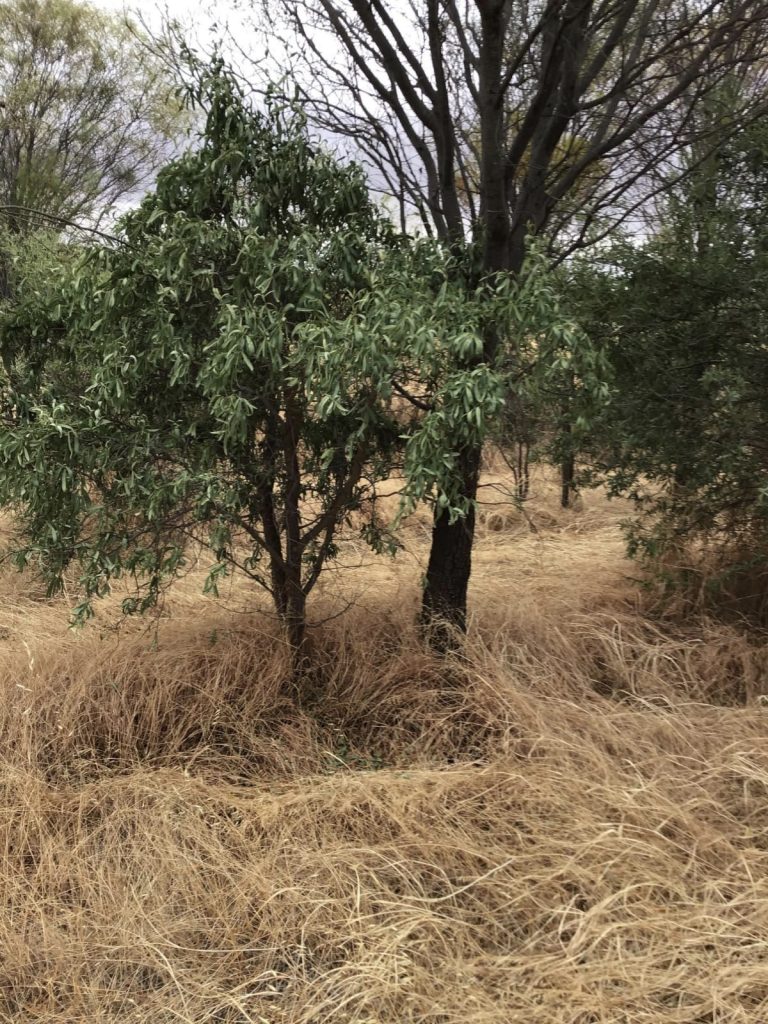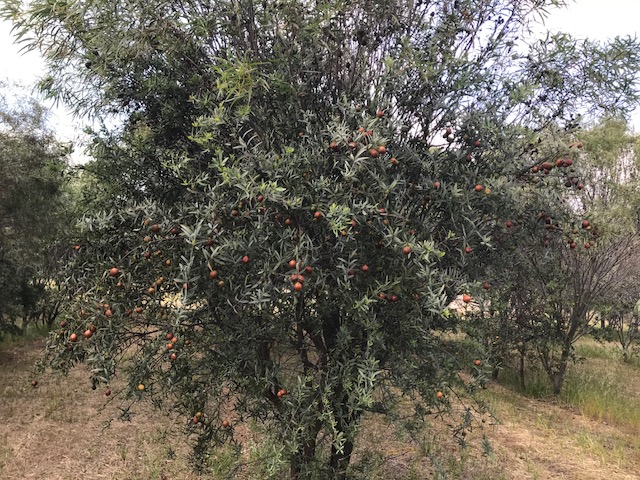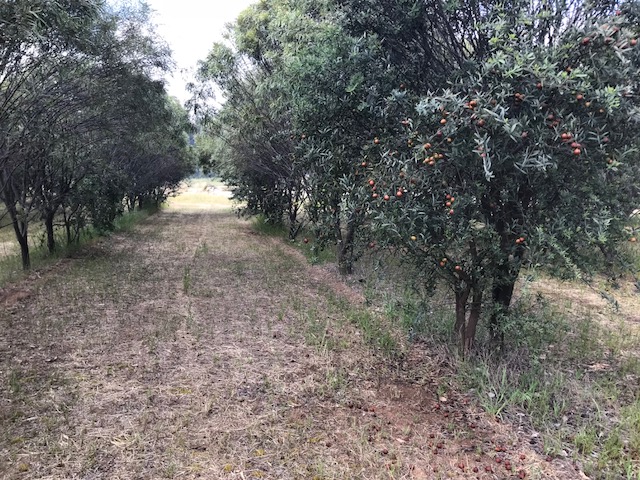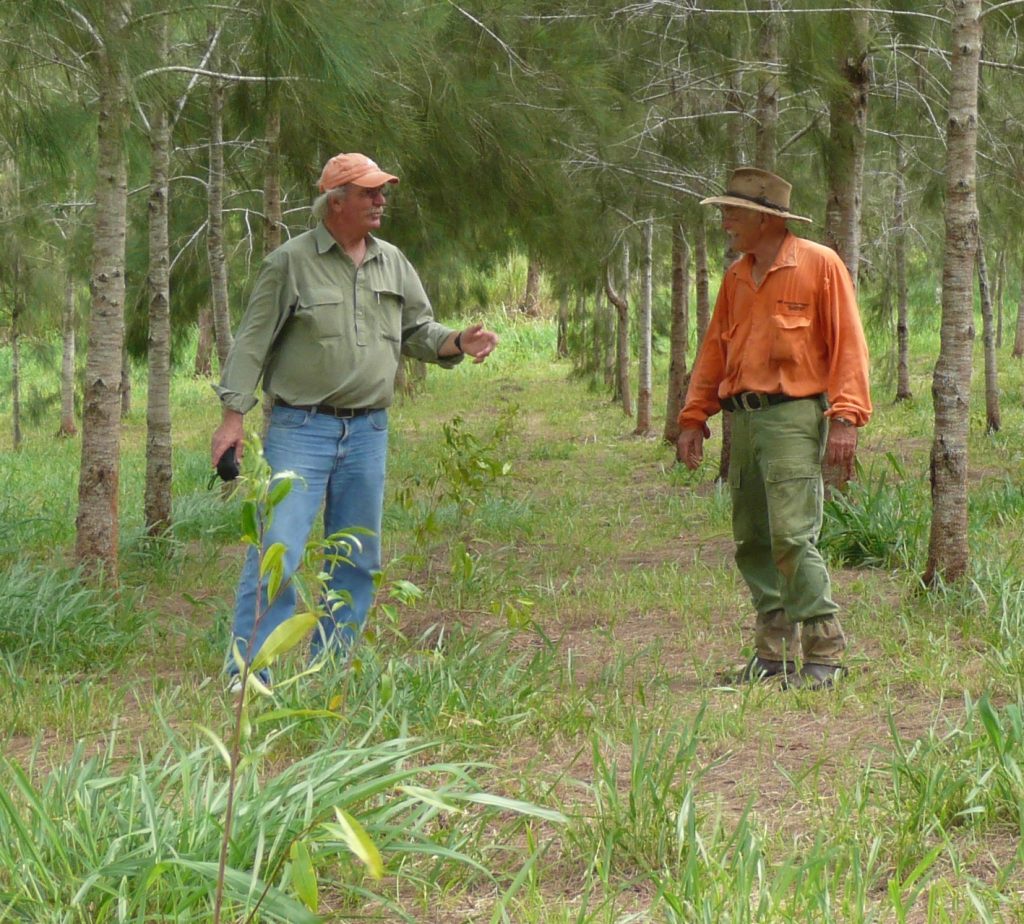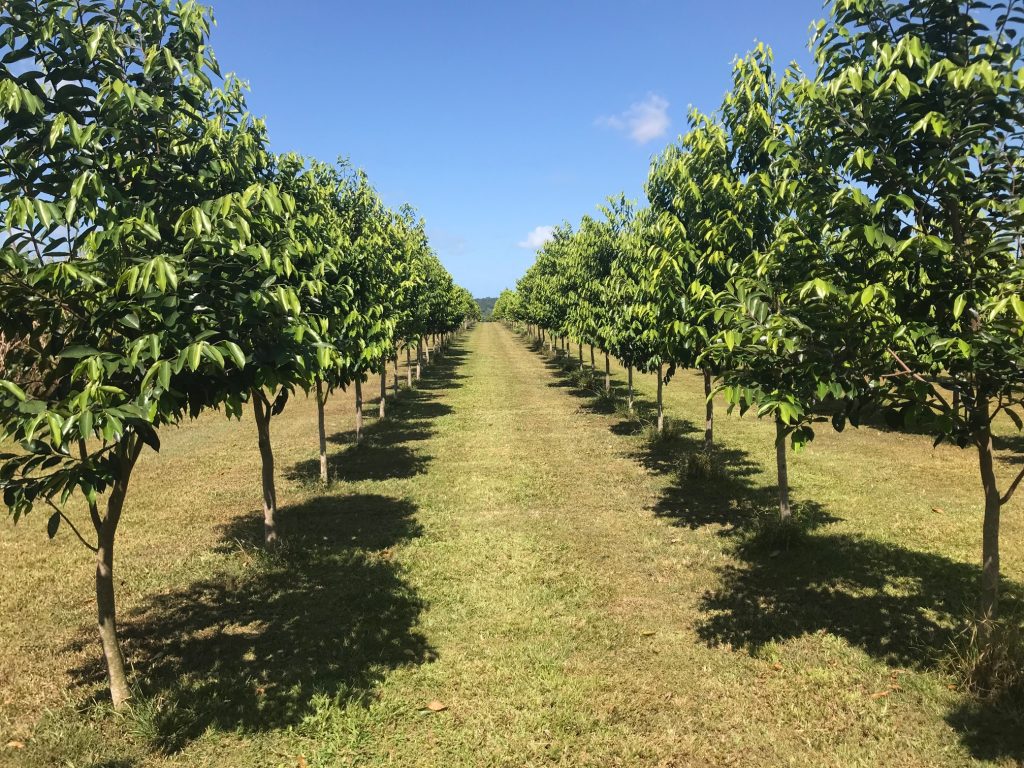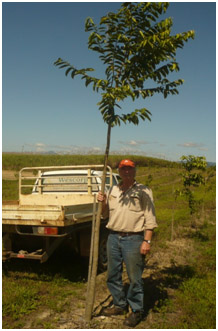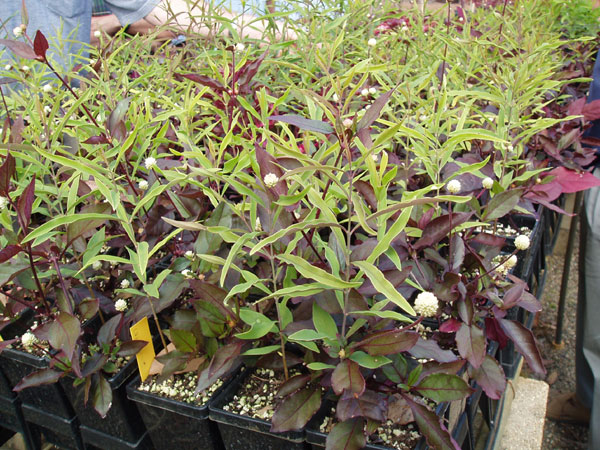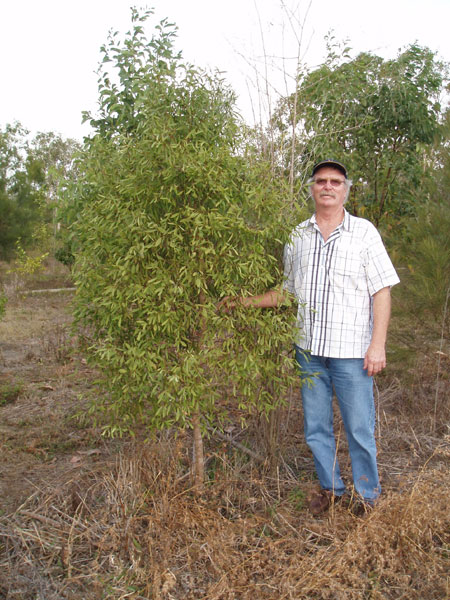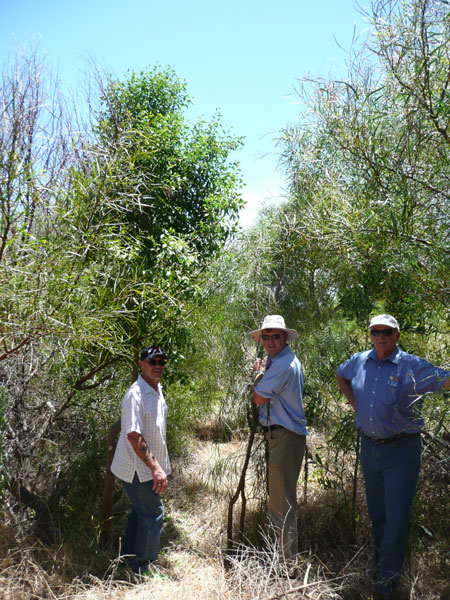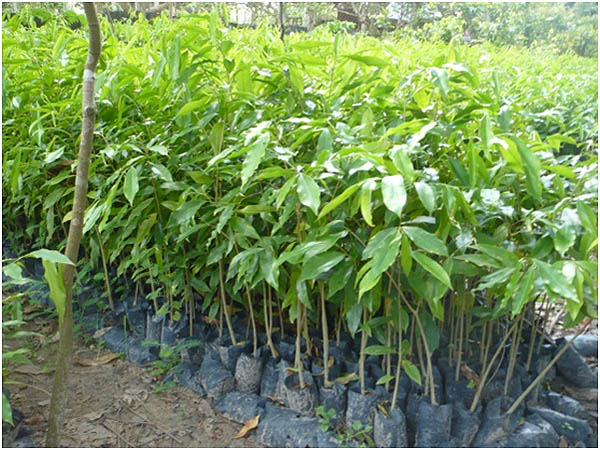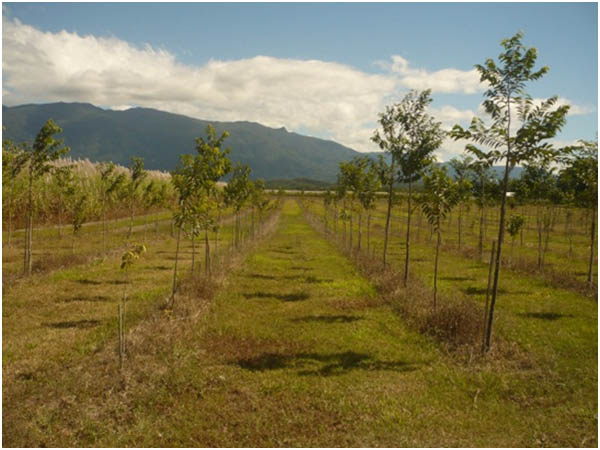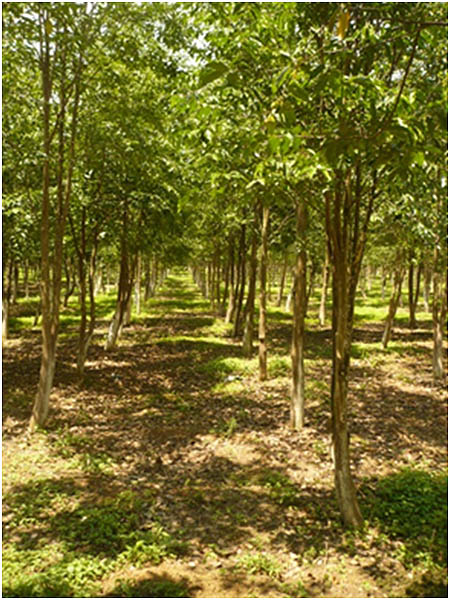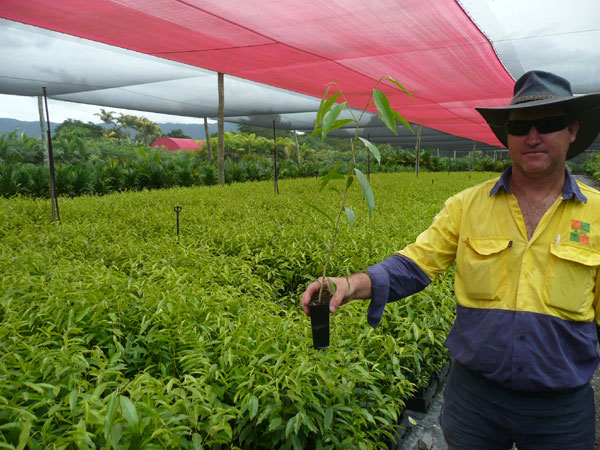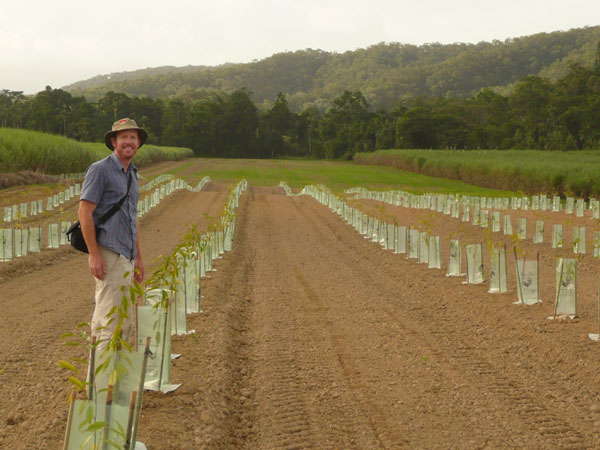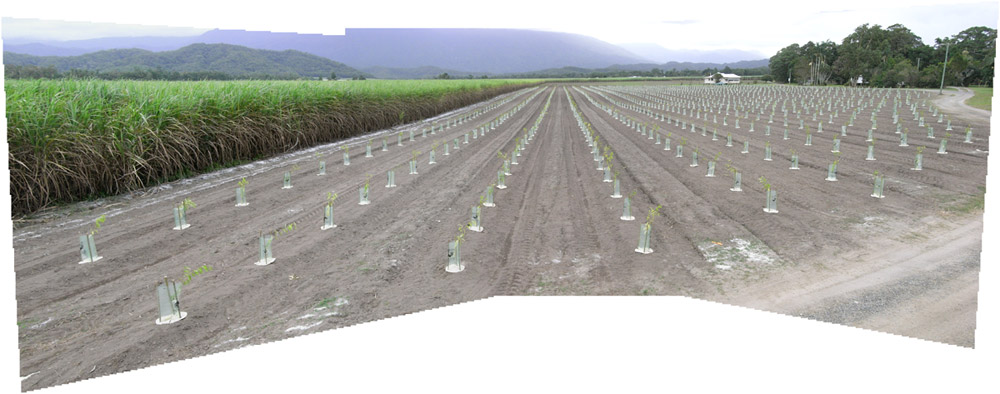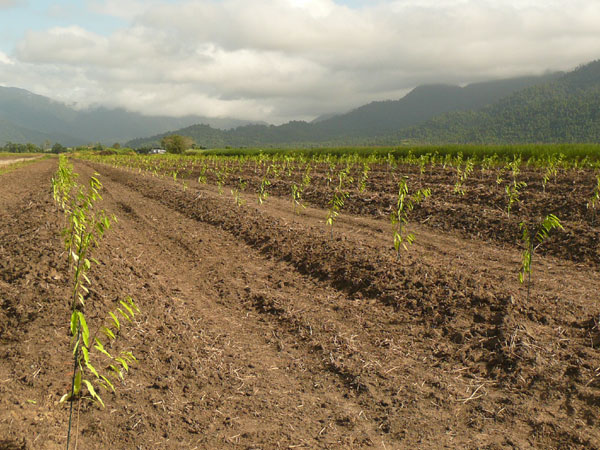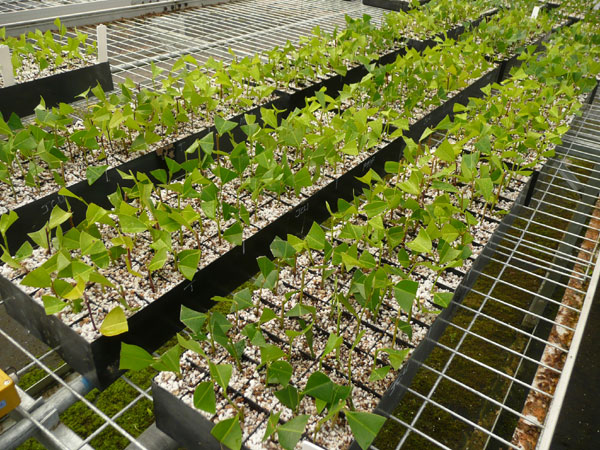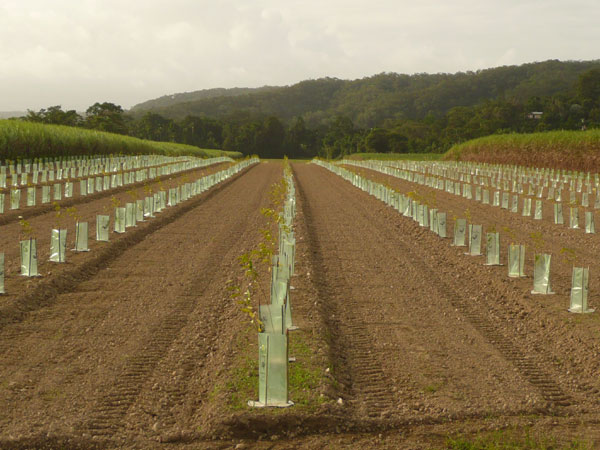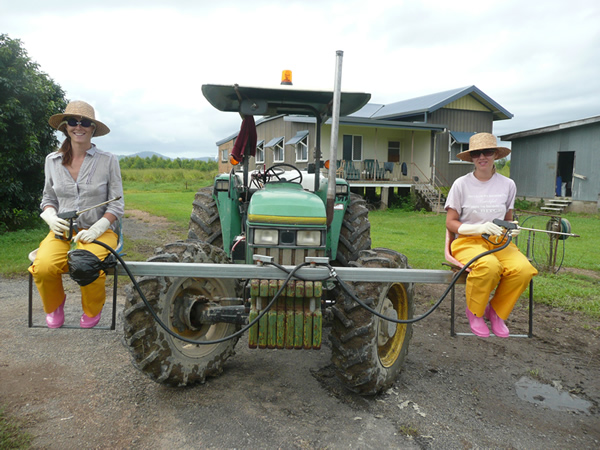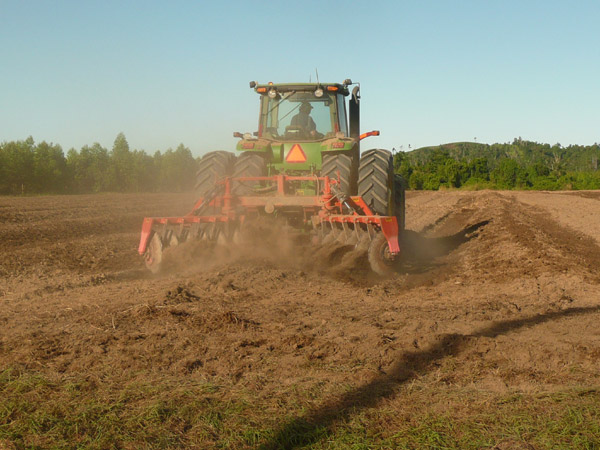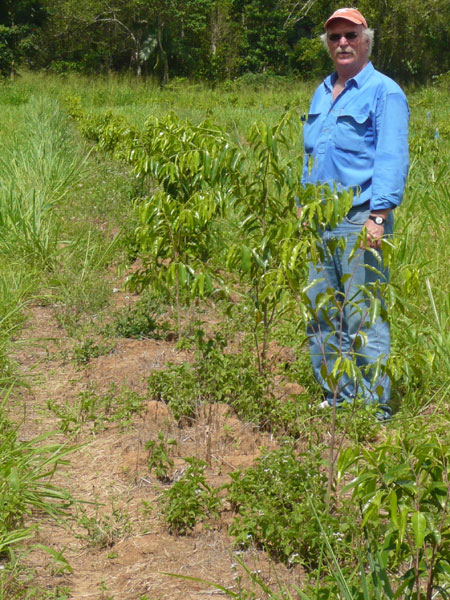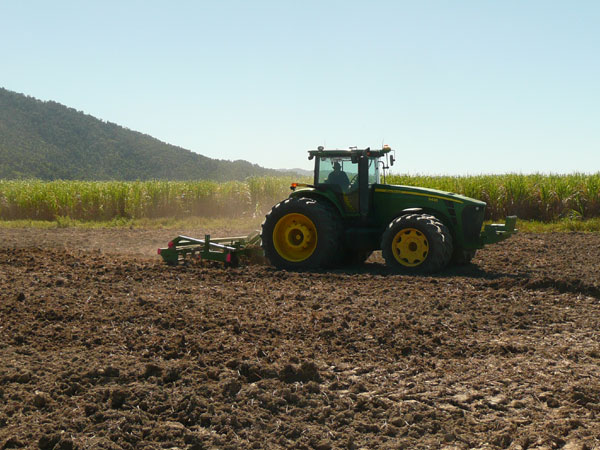Trials for growing West Australian sandalwood (spicatum) plantations have been carried out by various Government bodies for over 50 years. Trials for the Indian sandalwood (album) commenced in the early 1990s.
Large commercial plantations have been growing in WA since 1998, both as Managed Investment Schemes (MIS) and private investors and farmers. Grower numbers would be in excess of 200. Album has mainly been grown in the Kimberley and spicatum in the Wheatbelt Plantations.
By 2008 there were approximately 4,000 hectares of album and 12,000 hectares of spicatum planted in plantations in Australia. The Rewards Group has the largest sandalwood plantations in the world with over 5,000 hectares planted.
Unfortunately some growers are suggesting harvesting the plantations at twelve to fifteen years. It is Wescorp’s strong belief that spicatum should be left for at least 20 years and preferably 25 years plus. The album will be even slower and should be left for at least 25 years and preferably 35 years plus.
Spicatum is grown without irrigation and depends upon marginal rainfall and local host plants. To supplement the plantation grower’s income, Wescorp is developing a new market and process for the spicatum seed. This will encourage growers to leave the trees longer before harvesting.
Remember album in the wild is not harvested until 65 years plus and is growing under stressful conditions that help it to lay down the heartwood and produce high quality oil. When forced along with irrigation and fertilizers it grows very well but it may not be laying as much heartwood.
A report published in the Sandalwood Research Newsletter March 2006 (ISSN 1321-0022X) found that of the 20 album trees harvested at 14 years old, 4 of the trees had no visible heartwood and the 5th tree had no heartwood at 100 cm. This means that maybe 20% of the album plantation will be without oil at year 14. For further information about sandalwood publications go to www.jcu.edu.au/mbil/srn/
There are plantations being grown in Vanuatu using the local species and well established nurseries for local people to plant “cottage plantations” in the villages. These are doing extremely well. The largest plantation has been established by Mr Jim Batty and can be contacted at www.summitestate.com.vu
Fiji is planting plantations of there local species, but unfortunately album has been introduced to many of the islands now and it is crossing with the local species.
The royal family in Tonga has been growing their local sandalwood in plantations for some time and they are well established.
Fortunately India is now establishing plantations with the local album sandalwood. Whilst these are only small at the moment, some companies have the capacity and willingness to increase these plantings significantly.
New Caledonia is now establishing small plantations of the local species.
